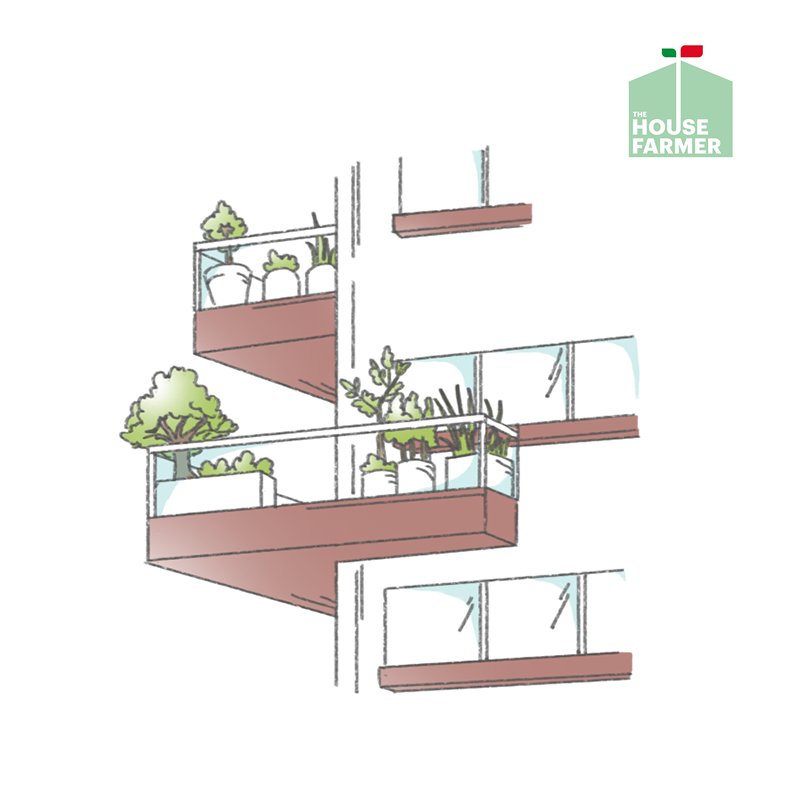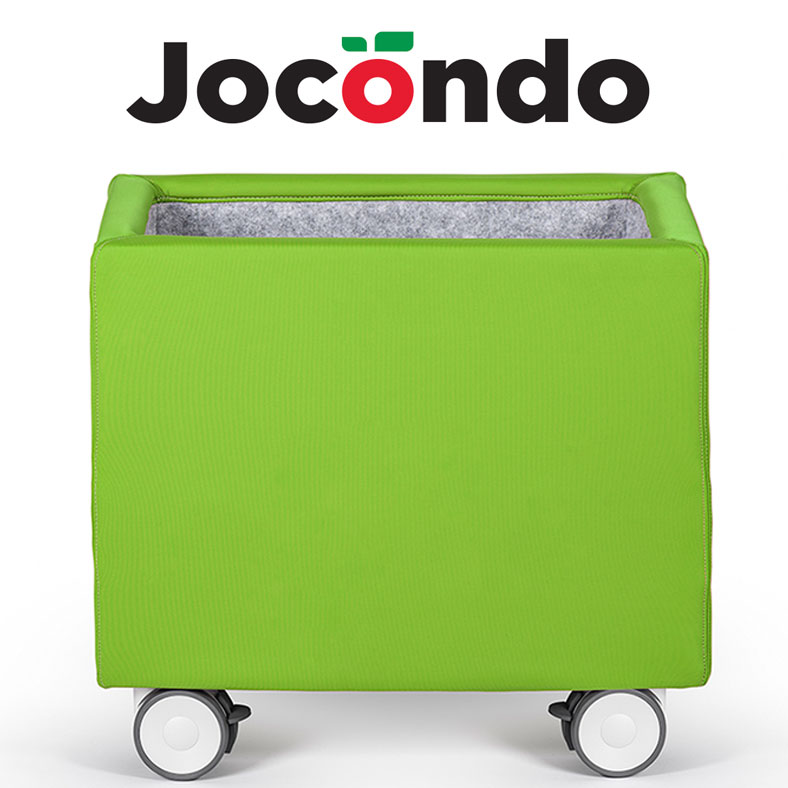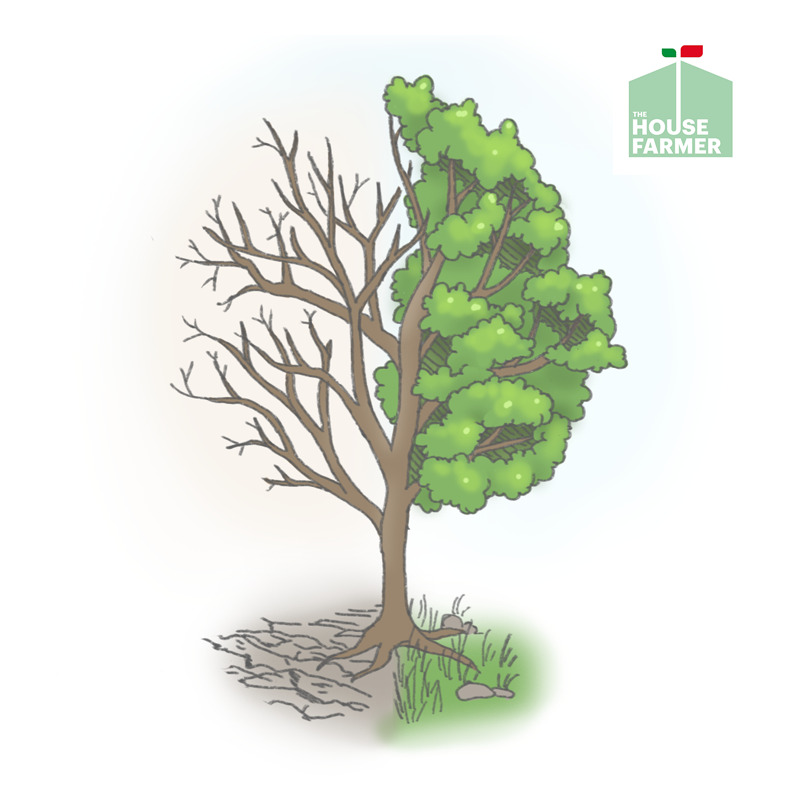
METROPOLITAN RITUALS Self-sufficiency and sustainable living
Let's talk about self-sufficiency and sustainable living in the urban environment.
Earth day, greenhouse gas reduction, the use of electric or even hydrogen cars too often are only good intentions which remain unfulfilled; they are complex goals, hard to put into practice as the planet’s great players and statesmen battle to promote a green economy, based on sustainability and recycling.
Moreover, a change in lifestyle is a long process, affecting rural but above all urban citizens.
In recent years, cities have undergone a massive process of urban concreting and reached the point of no return. Caught in the grip of unsustainable traffic and a lack of green areas, local authorities are attempting to launch a new lifestyle model which is not only sustainable but also shared.
Sustainable Living: Where do we start from?
Let’s start from the idea of recycling associated with something which can be useful to everybody: a balcony vegetable garden. This could be a great starting point for a sustainable living.
We would like to put forward something new to meet a need expressed by individual citizens who have started to get together in condos or neighbourhood groups to buy vegetables and meat directly from local producers thereby bypassing mass distribution.
We are looking for a container which is a vegetable garden in itself… unique and different, eco-friendly and pioneering, giving all those living in an urban context the opportunity to grow a large part of the vegetables they consume. Call us dreamers, but condos often have a great quantity of unused space which could be put to this purpose.
So, we started studying, researching. Instinctively we felt the next step was the creation of a space where even in an urban concrete context, people could grow vegetables to bring to their table. We wanted to share our experience, from planting seeds to harvesting, with family, friends and colleagues who are as passionate as we are.
A new vegetable garden concept
Urban gardens are on the increase. London, a megalopolis with a climate which we certainly cannot call Mediterranean, already has over 350,000. It is a testimony to the fact that vegetable gardens are progressively seen as a crucial element of a more sustainable living and less consumerist lifestyle: a time to eat and a time to sow. Supermarkets have deprived us of the feeling of anticipation, waiting for crops to ripen, for harvest time to come, but the feeling of satisfaction when picking a tomato on your balcony and eating it is priceless. That tomato has not been transported for miles generating CO2 to end up on our tables. It has respected a non-exhausting lifecycle and in some ways is the symbol of a transformation which can only came about starting from our individual homes.
The vegetable garden represents a step back into the past, into the origins of humanity, but there is a need for it to meet the requirements of modern life. A contemporary vegetable garden.
It is in this direction we aim to develop our blog and our project.
Watchword: recycling
We examined what was available as far as balcony garden beds were concerned and noticed a series of shortcomings we would like to address with a new project. Let’s have a look at them. Generally speaking we were not able to find beds made using recycled materials, especially not plastic. As a side thought, urban gardens are often thought of in terms of containers which cannot be moved, which accumulate dirt and are not functional. Other than that, we focused greatly on aesthetics. Why a balcony garden should be ugly is a mystery to us and we are working on this. Finally, we would like our vegetable garden to be consistently productive and in order for it to be that we are envisioning the creation of a garden system.
Sustainable Living: a circular economy starting from a balcony vegetable garden
Since the beginning of the millenium, city dwellers have increasingly been exposed to the idea of recycling.
However, the essence of a true circular economy goes beyond the construction and recycling of the materials used. Encouraging zero-kilometre, autonomous food production by applying innovative methods and saving on energy resources (fuel and water) urges us to search for new and alternative solutions in designing an increasingly self-sufficient and autonomous garden.
To this we should add the satisfaction of personally and relatively easily bringing to the table natural produce, resulting in added savings and knowing the way in which what we eat has been grown.
The circular economy still only represented 9.1% of the world total in 2019, a percentage which dropped to 8,9% in the year of the pandemic.
In actual fact, the need to manufacture objects using recycled and where possible biodegradable or even compostable materials will be the topic of this decade, fuelled also by a rise in the price of raw materials which appears difficult to keep in check. This will call for new alternatives. A return to the land and growing crops will be one of the prevailing leit-motivs and in this context a well-tested urban vegetable garden, for balconies or condo common areas, will be increasingly sought after and appreciated also thanks to the advent of new materials and technology.
So, this is the terrain upon which we would like to generate our new project. A new vegetable garden bed for urban areas, suited to the homes of urban farmers.
Back to the future: returning to our roots.
Events of the past years, including the restrictions imposed on us, are urging an increasing part of the population to appreciate the cultivation of earth crops and to reach a status, if not of total self-sufficiency as regards food, at least a partial one.
The quality of the crops from self-production, and the satisfaction in bringing them to our table, have no equal and will continue to gain space in cities, also within condos. From here to the return to a new form of sharing economy the step is short: I can give you peppers in exchange for your eggplants! Improvisation and creativity, which nature always appreciates, will increasingly give way to planning, even when it comes to a small balcony vase.
The House Farmer is committed to satisfying this need by studying a more modern urban garden system, using the support of technology and promoting an aesthetic evolution within the urban context.
We believe in promoting sustainable living and our idea is to bring added value to horticultural production, hand in hand with the possibility of a greater control and independence in the management of the metropolitan vegetable garden.



